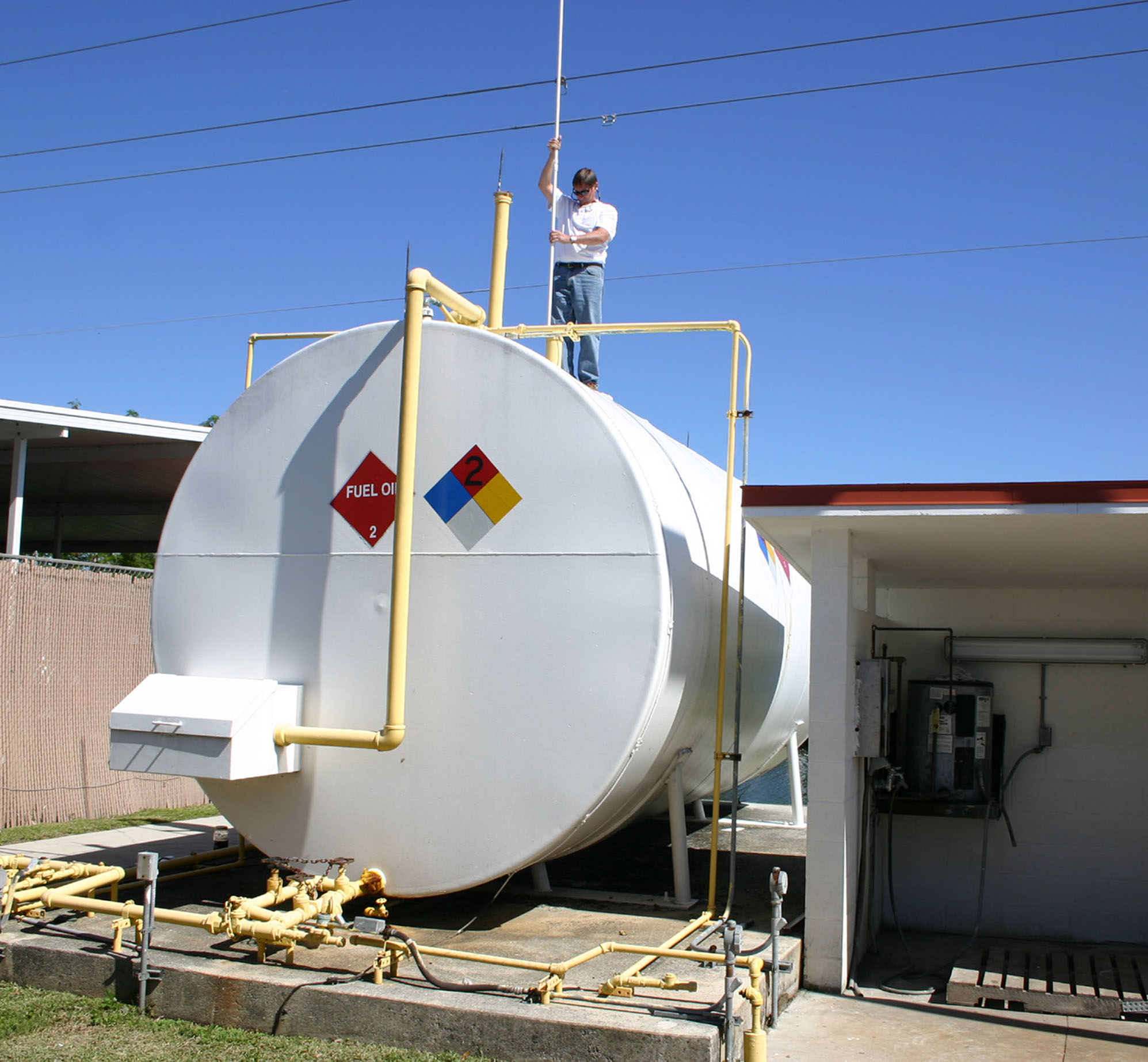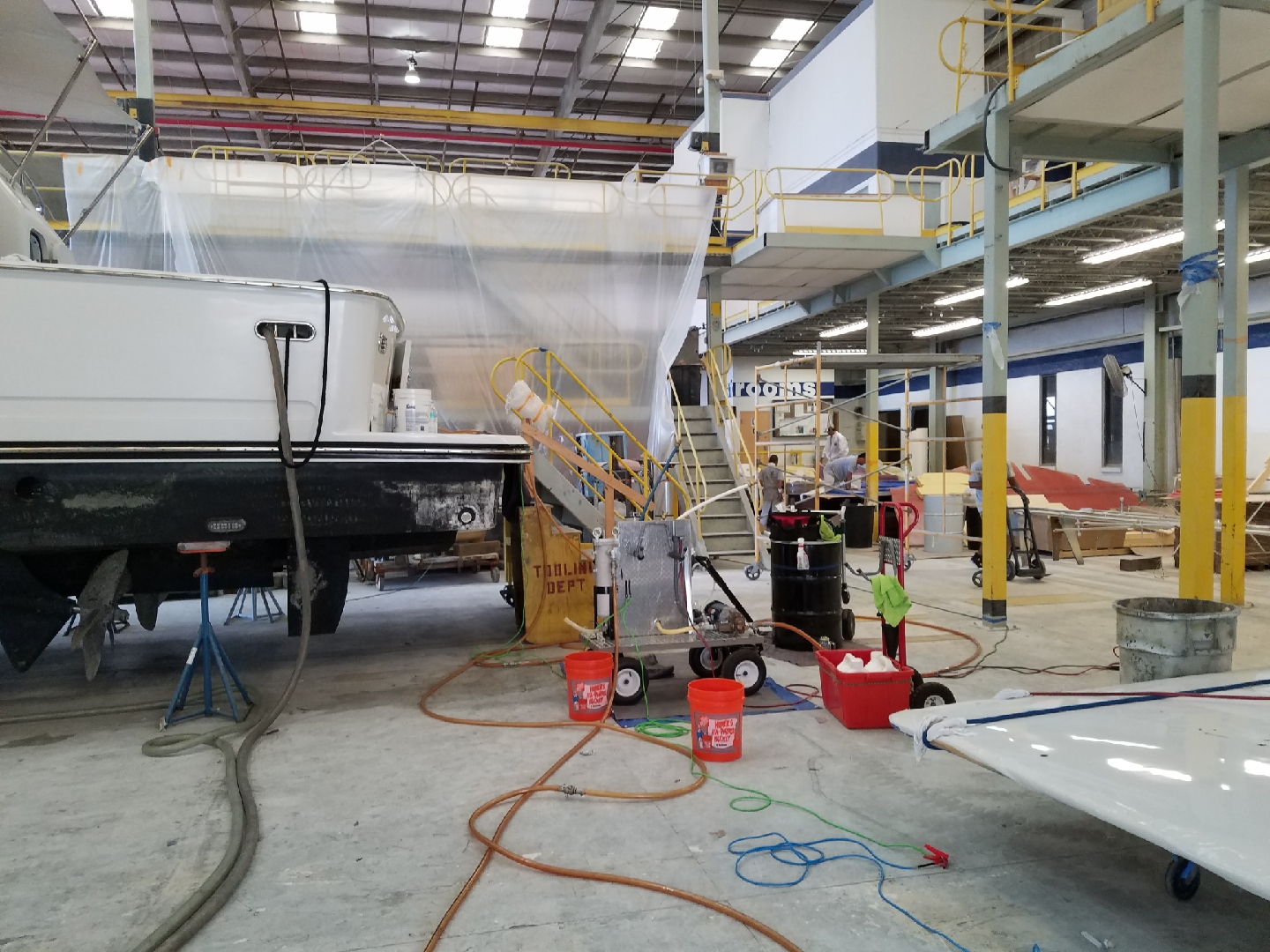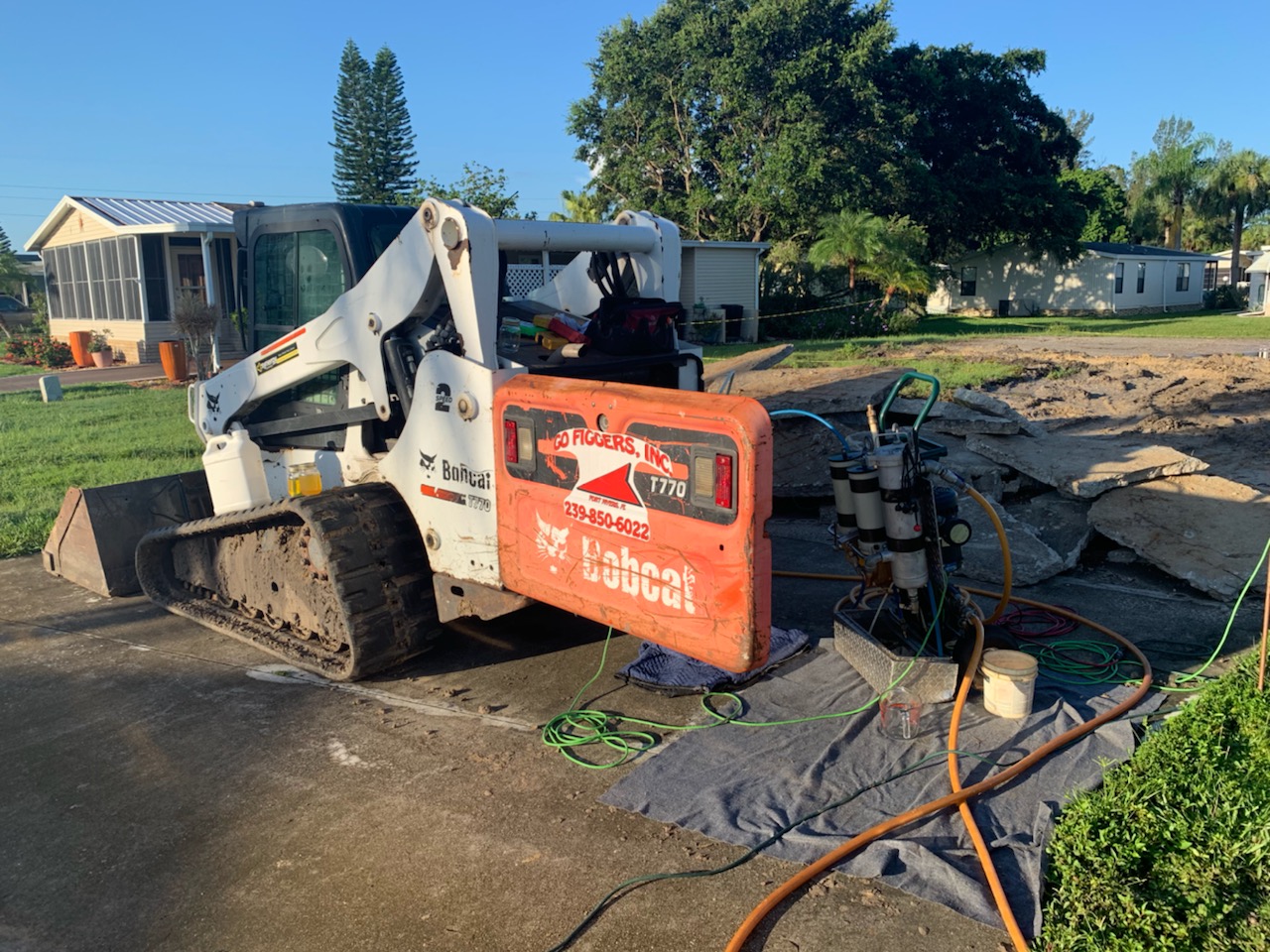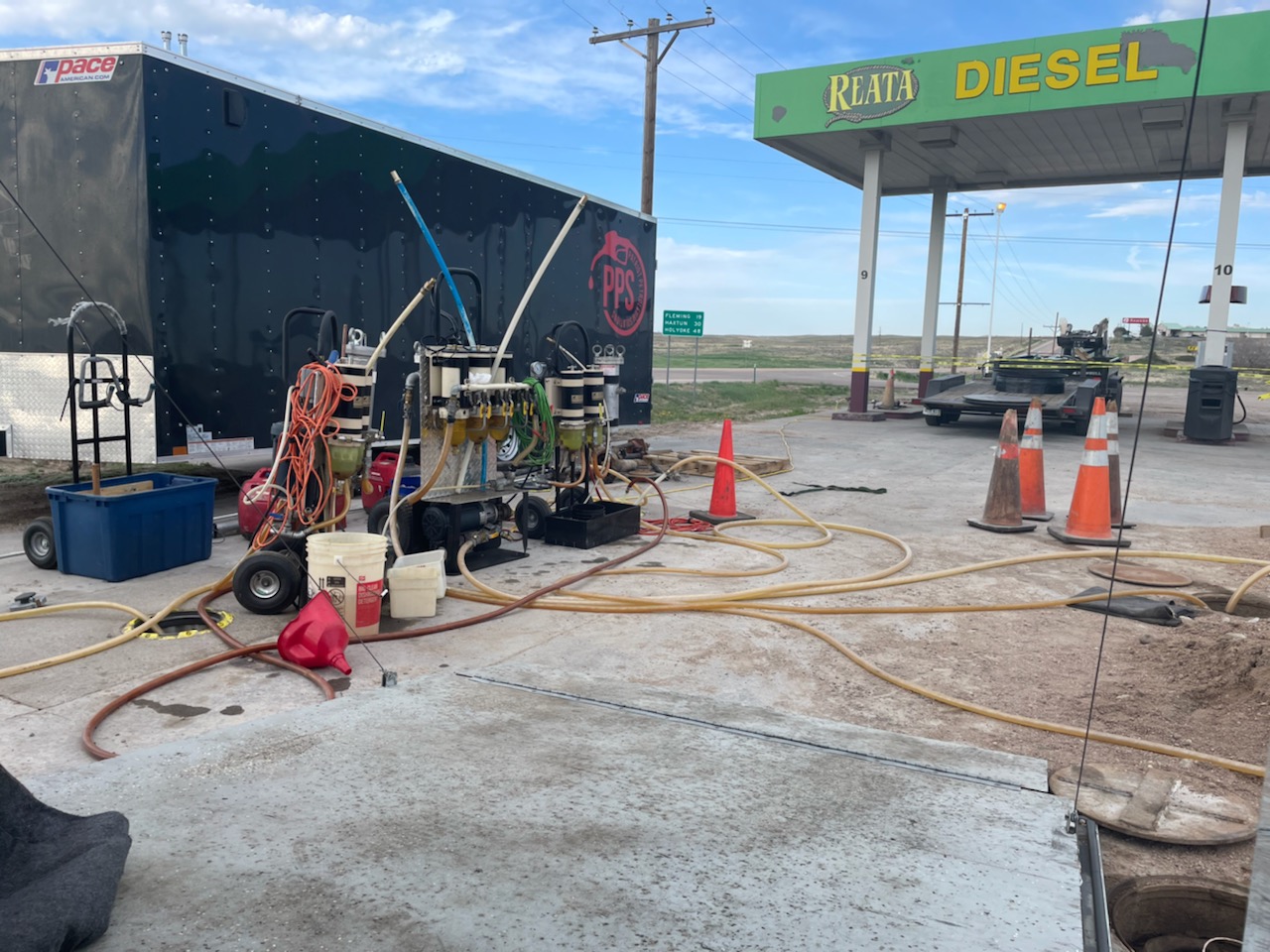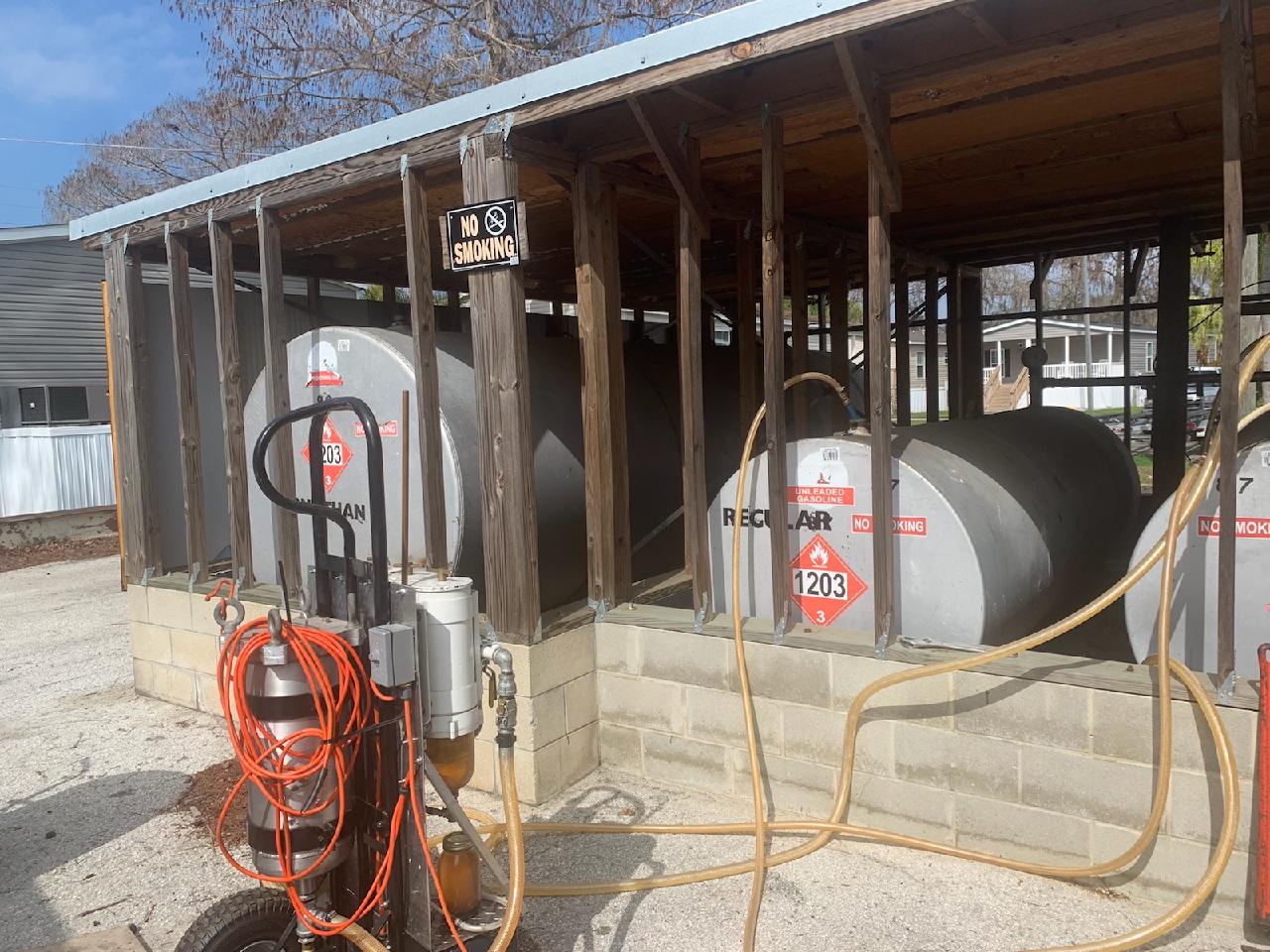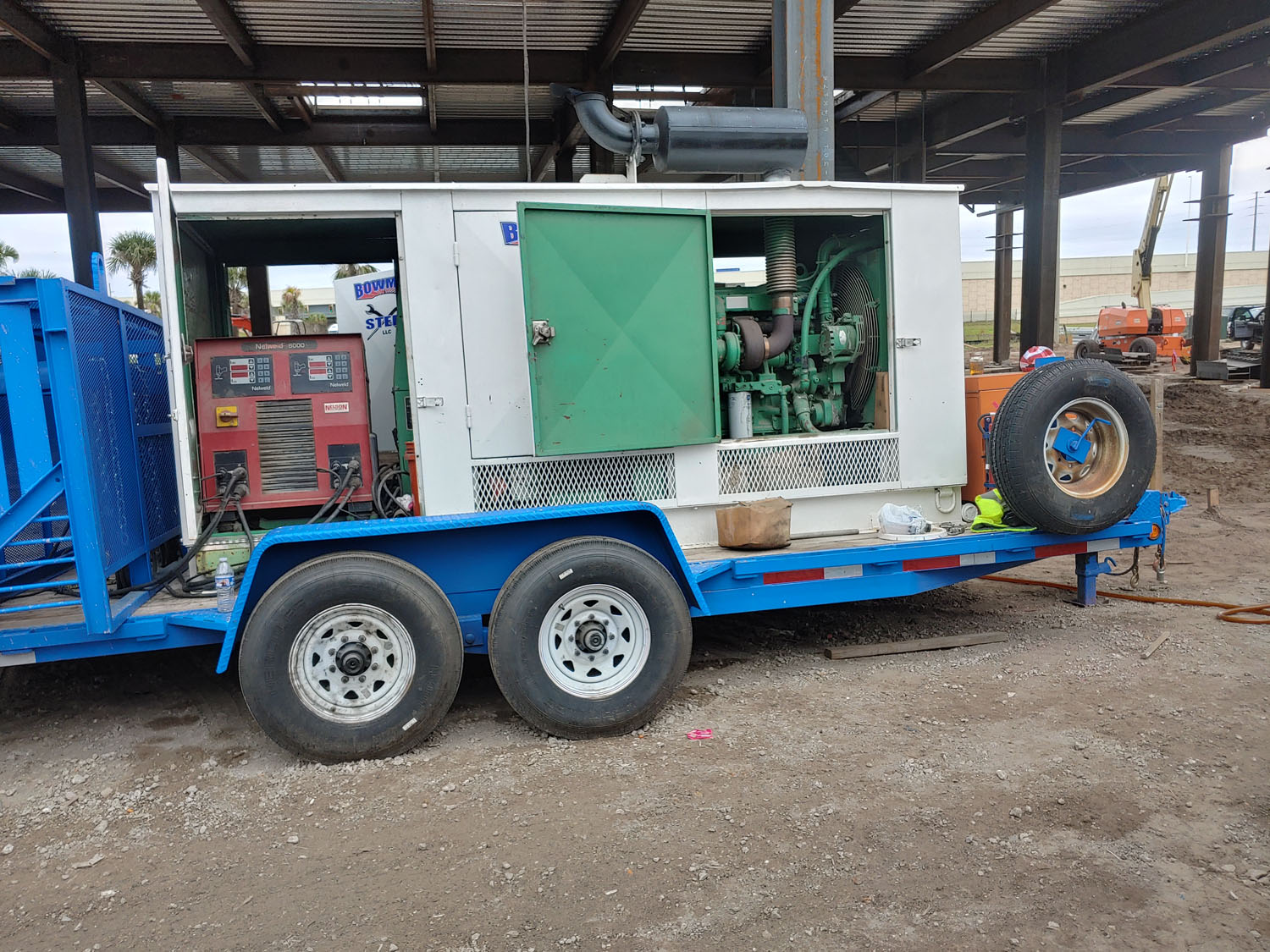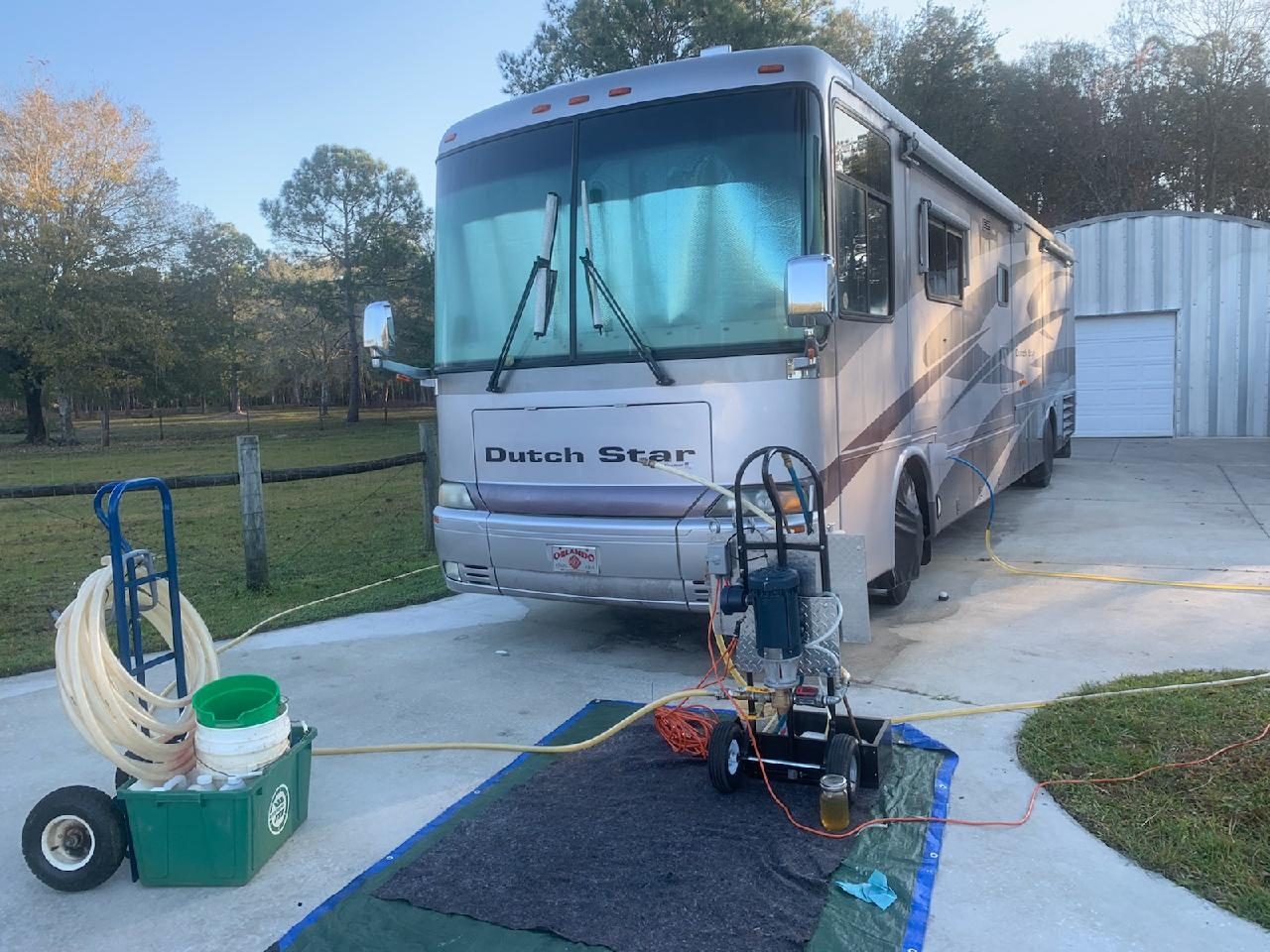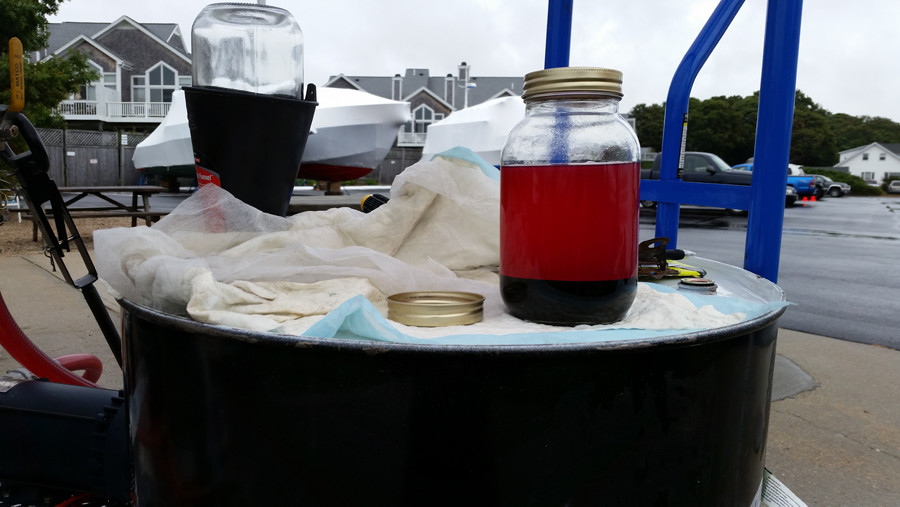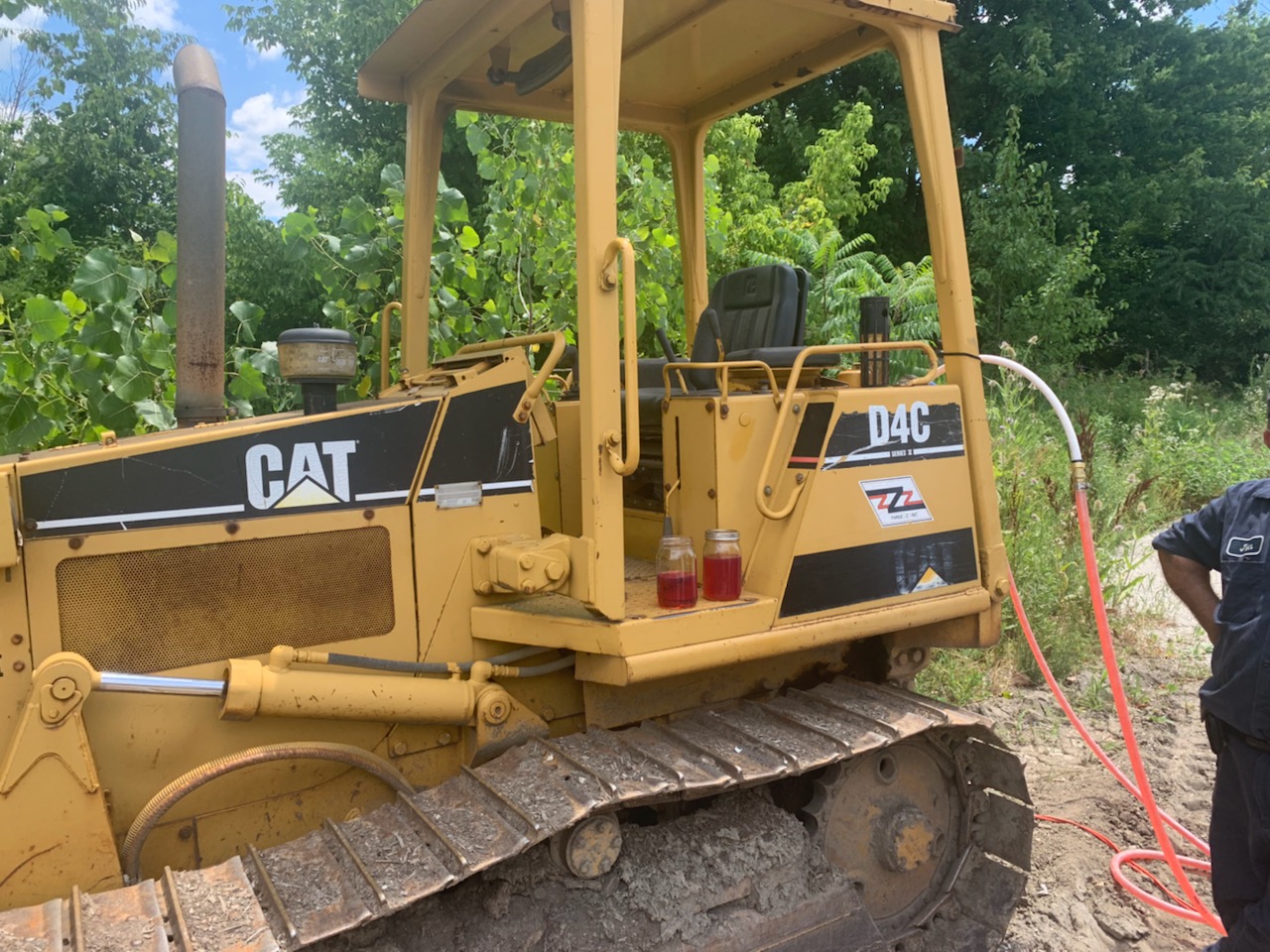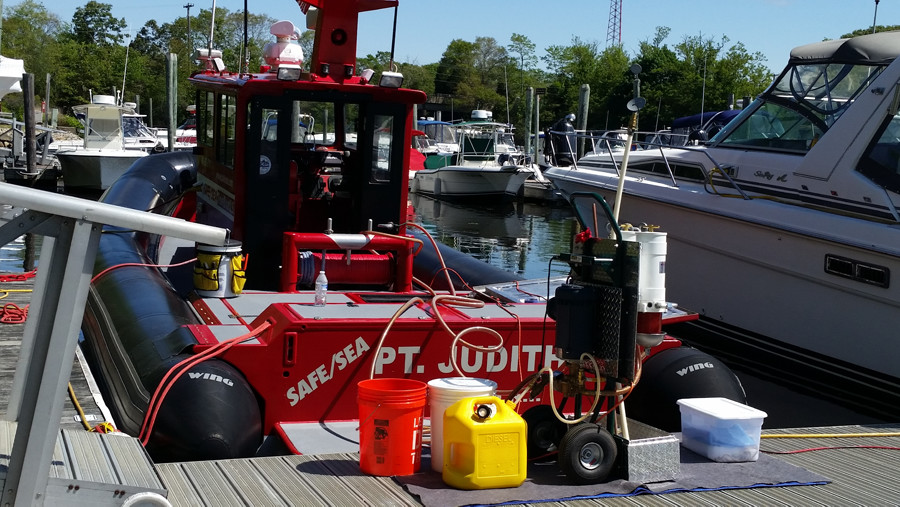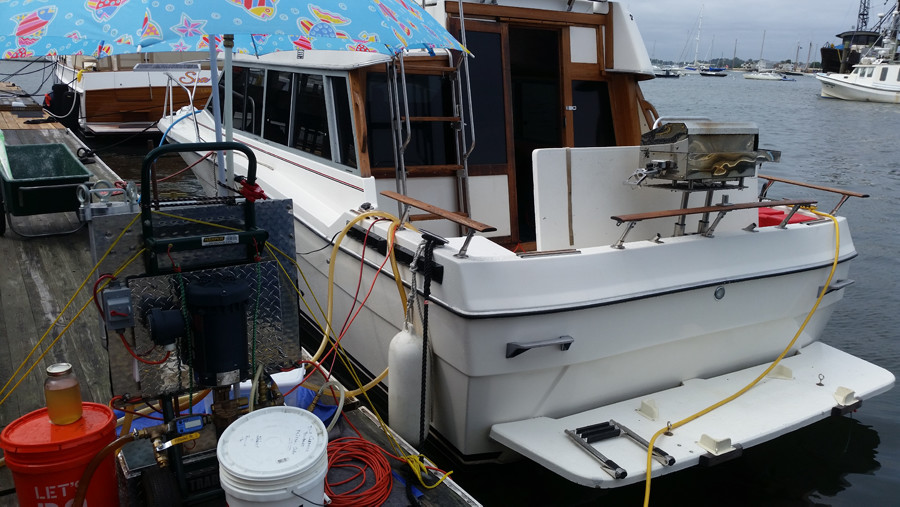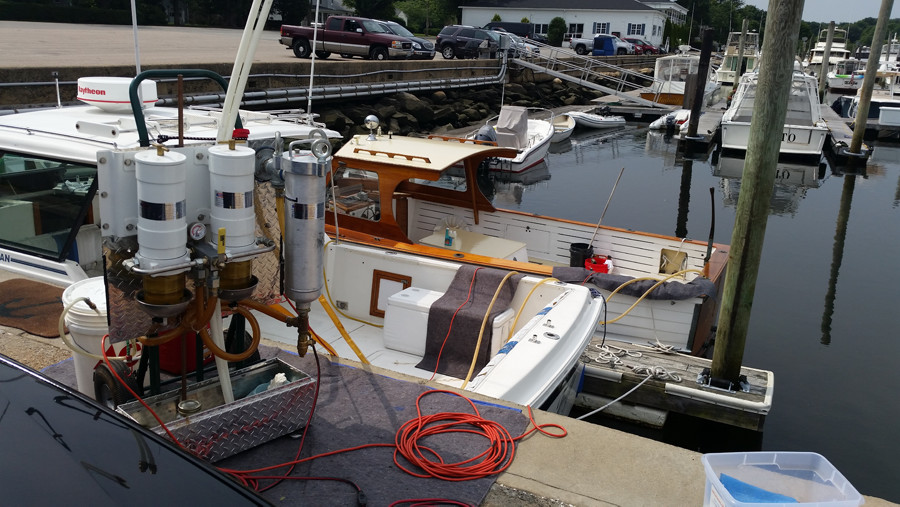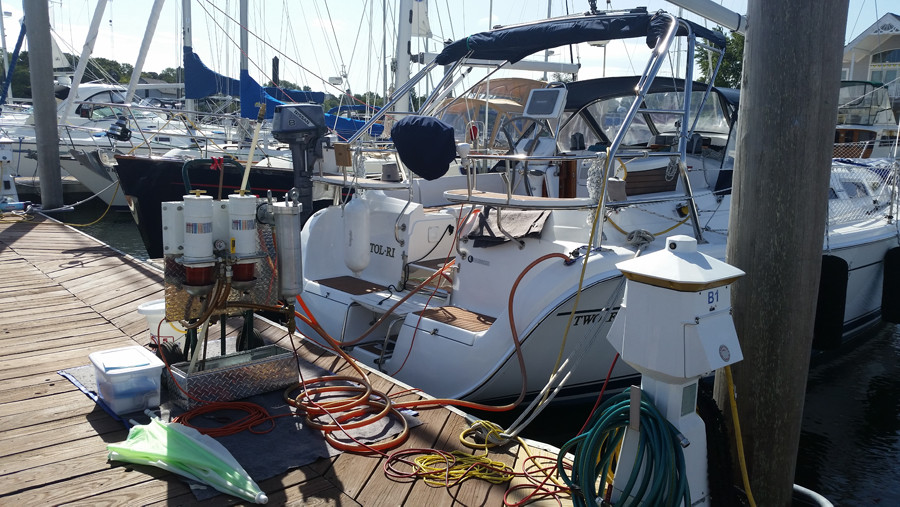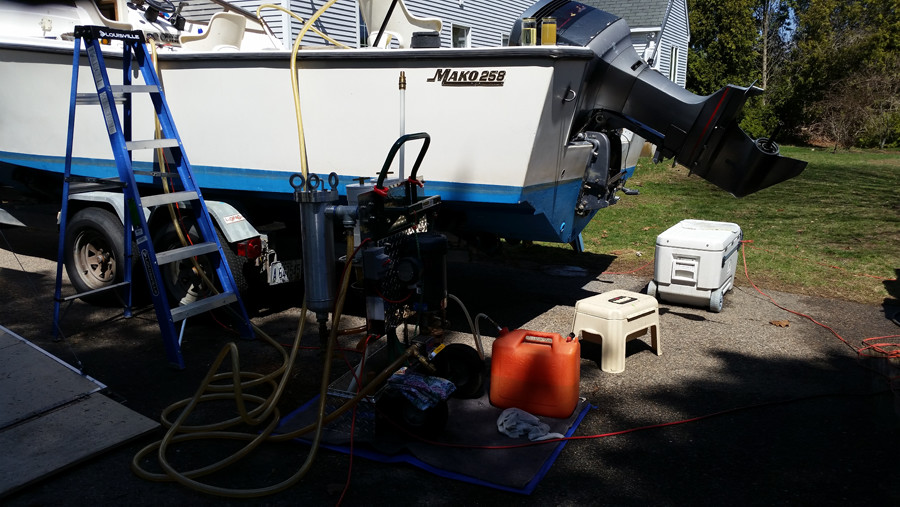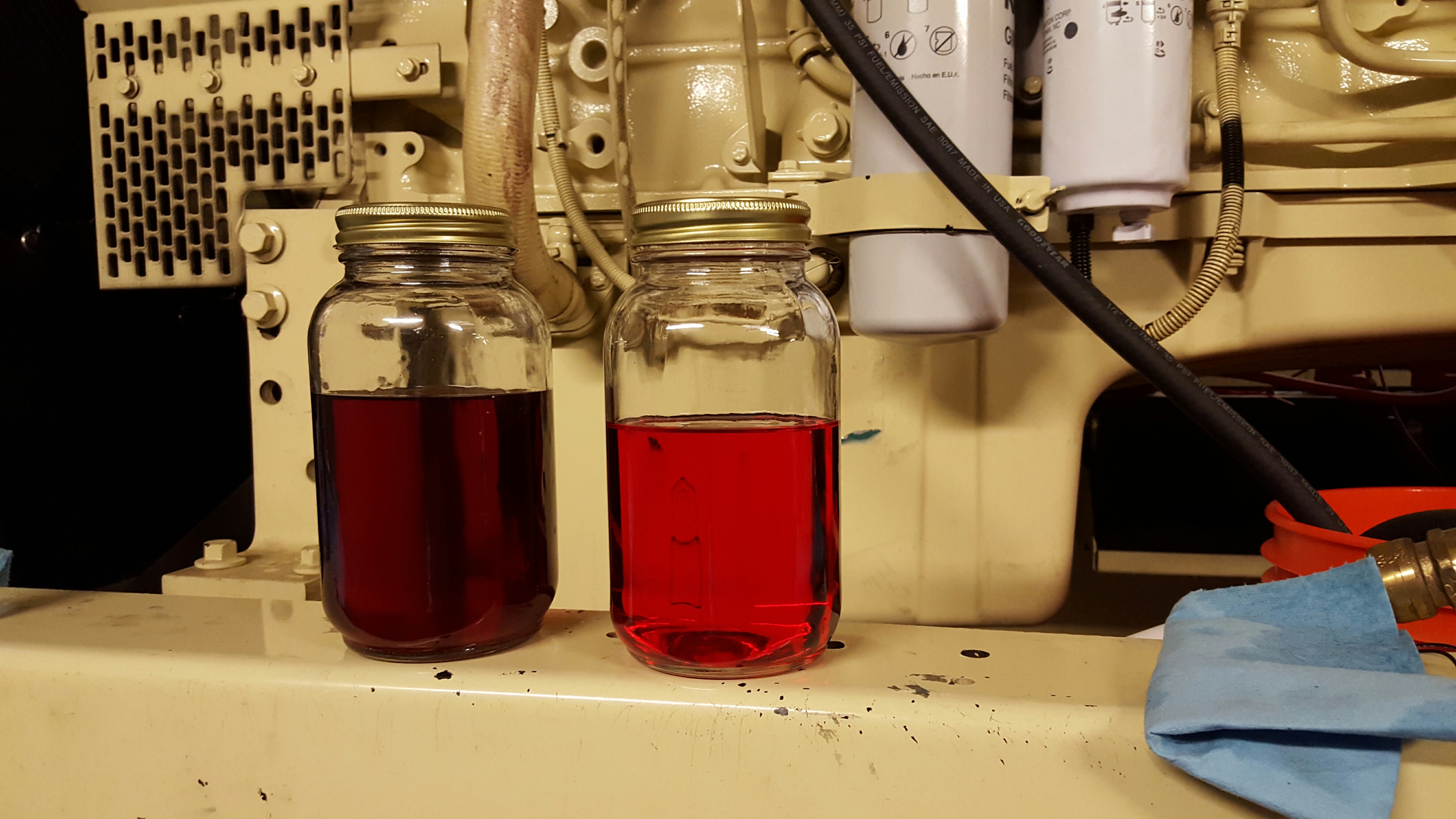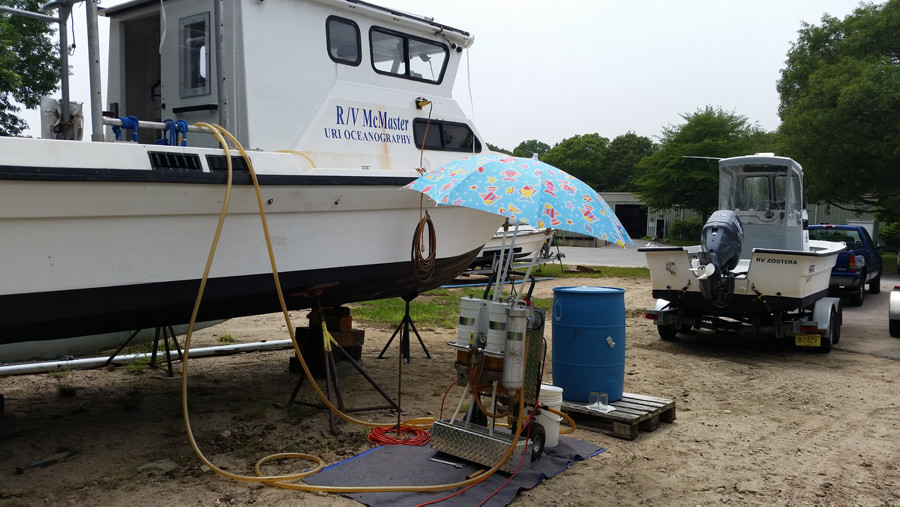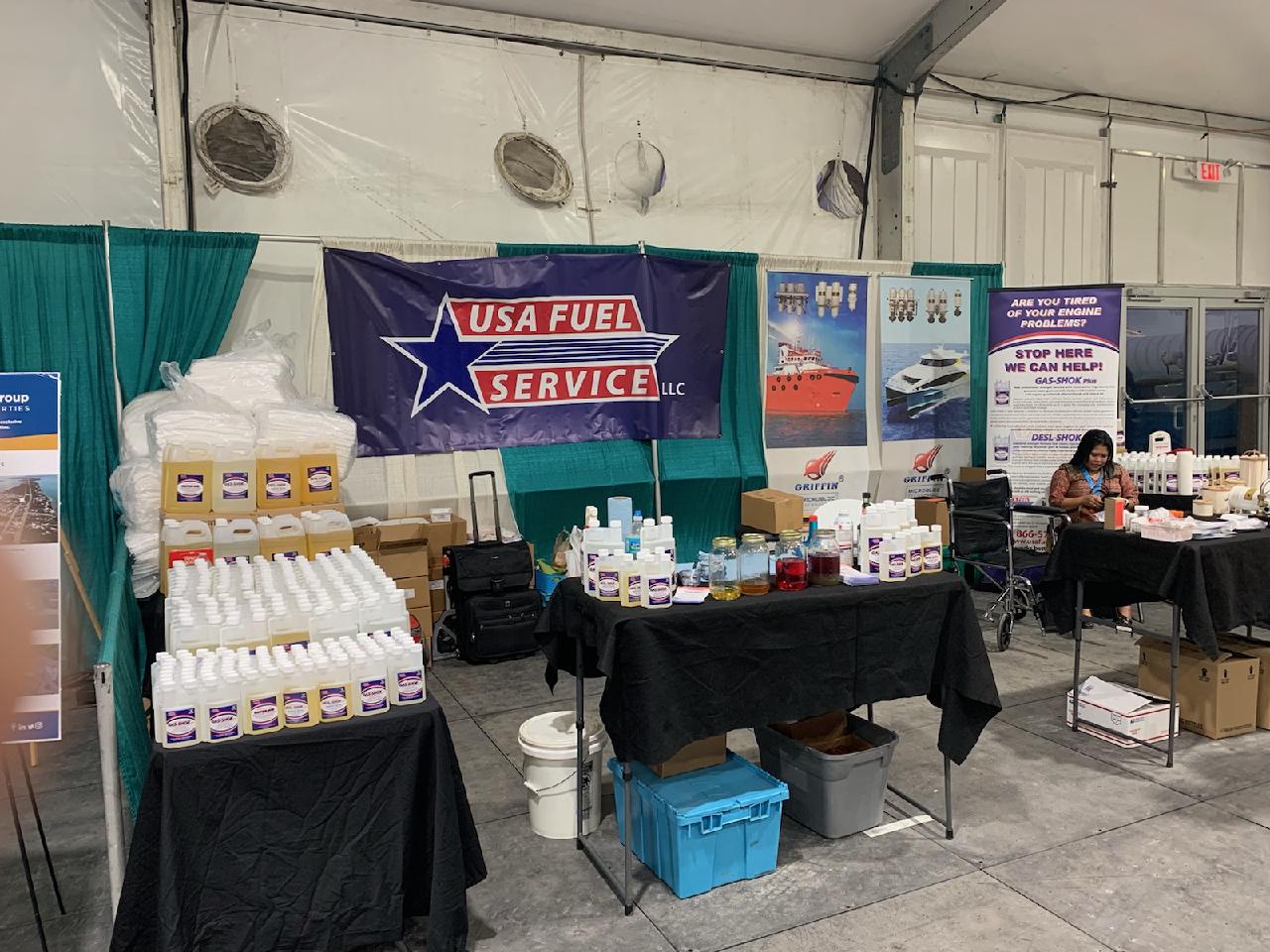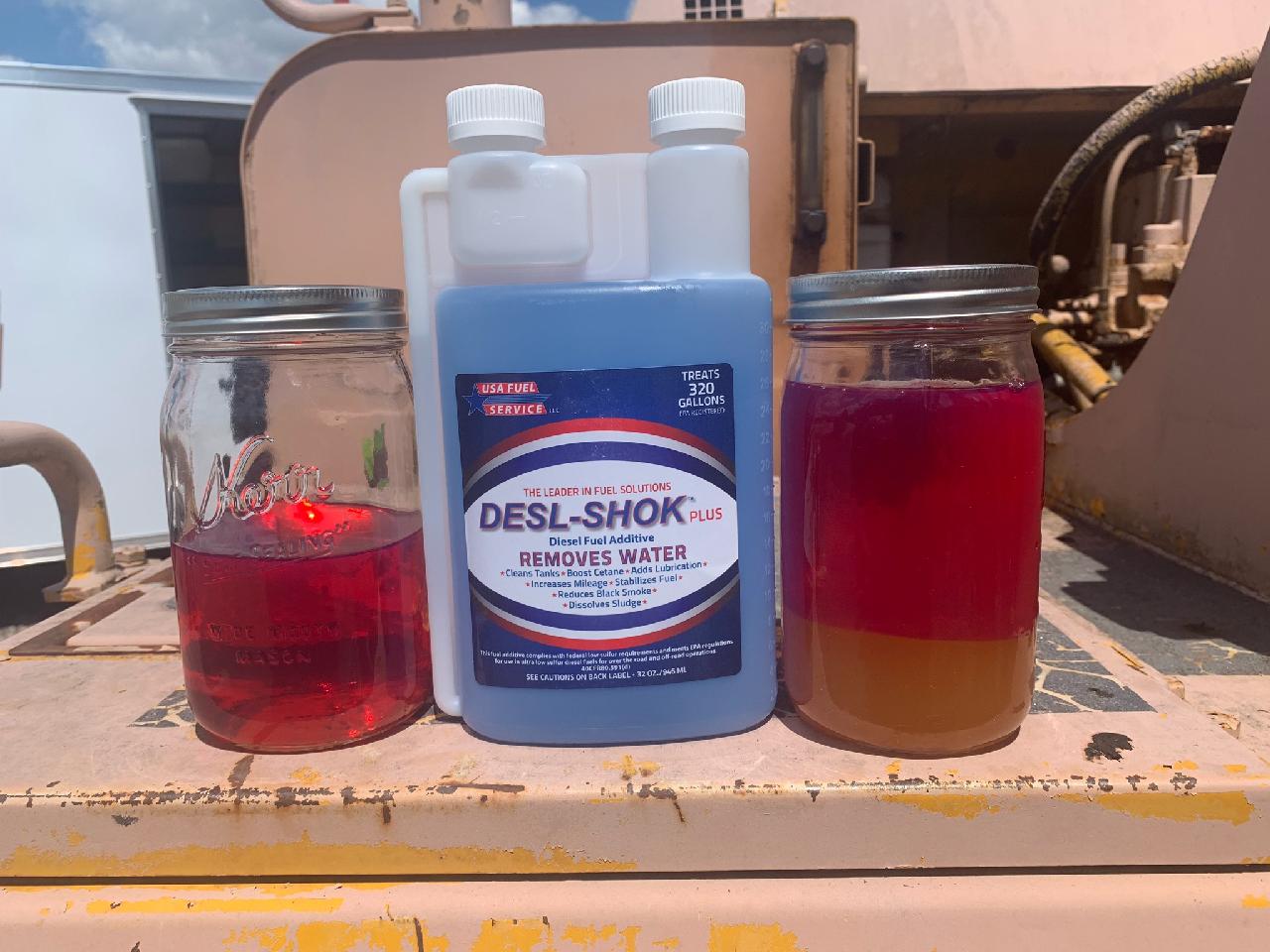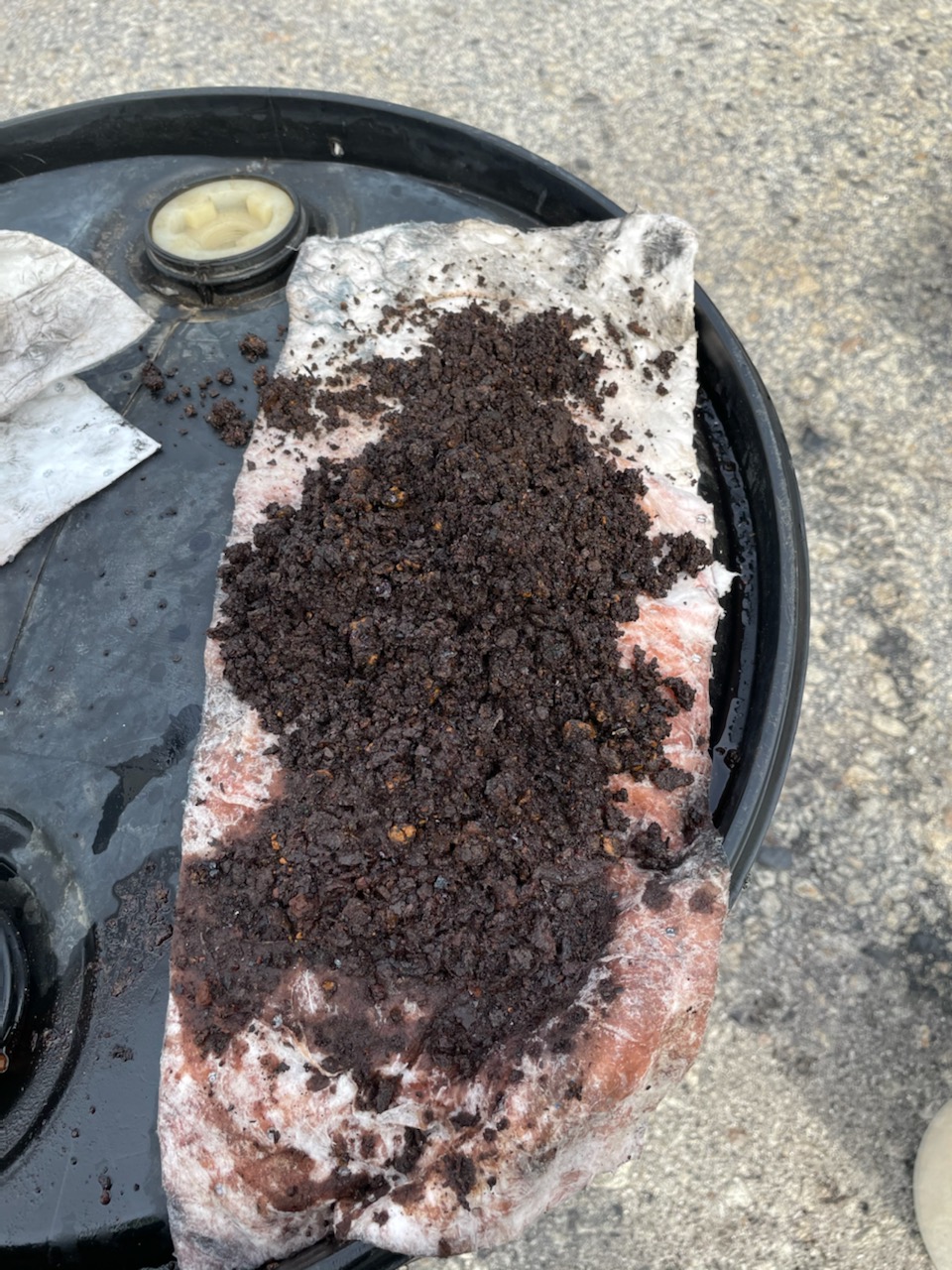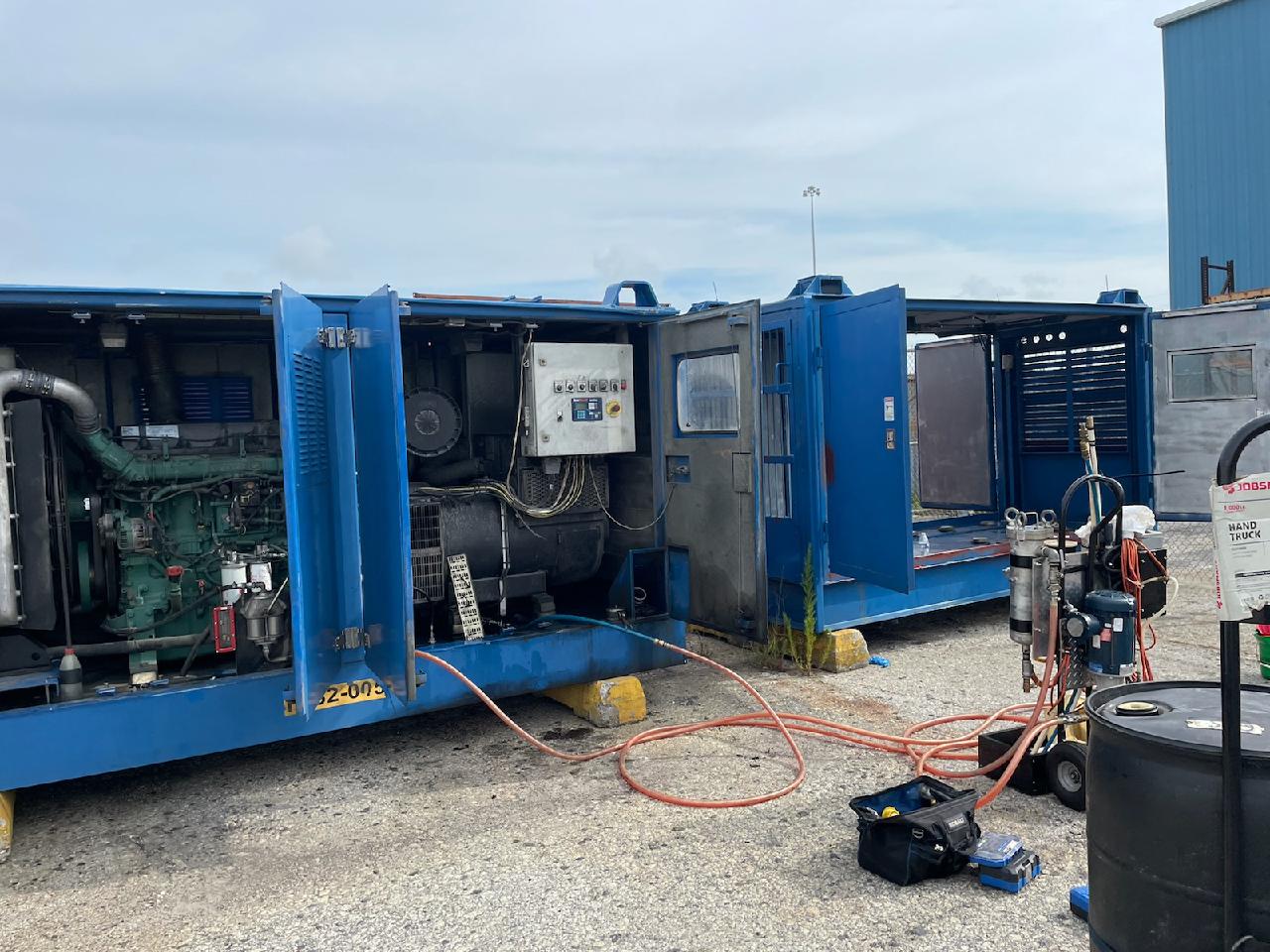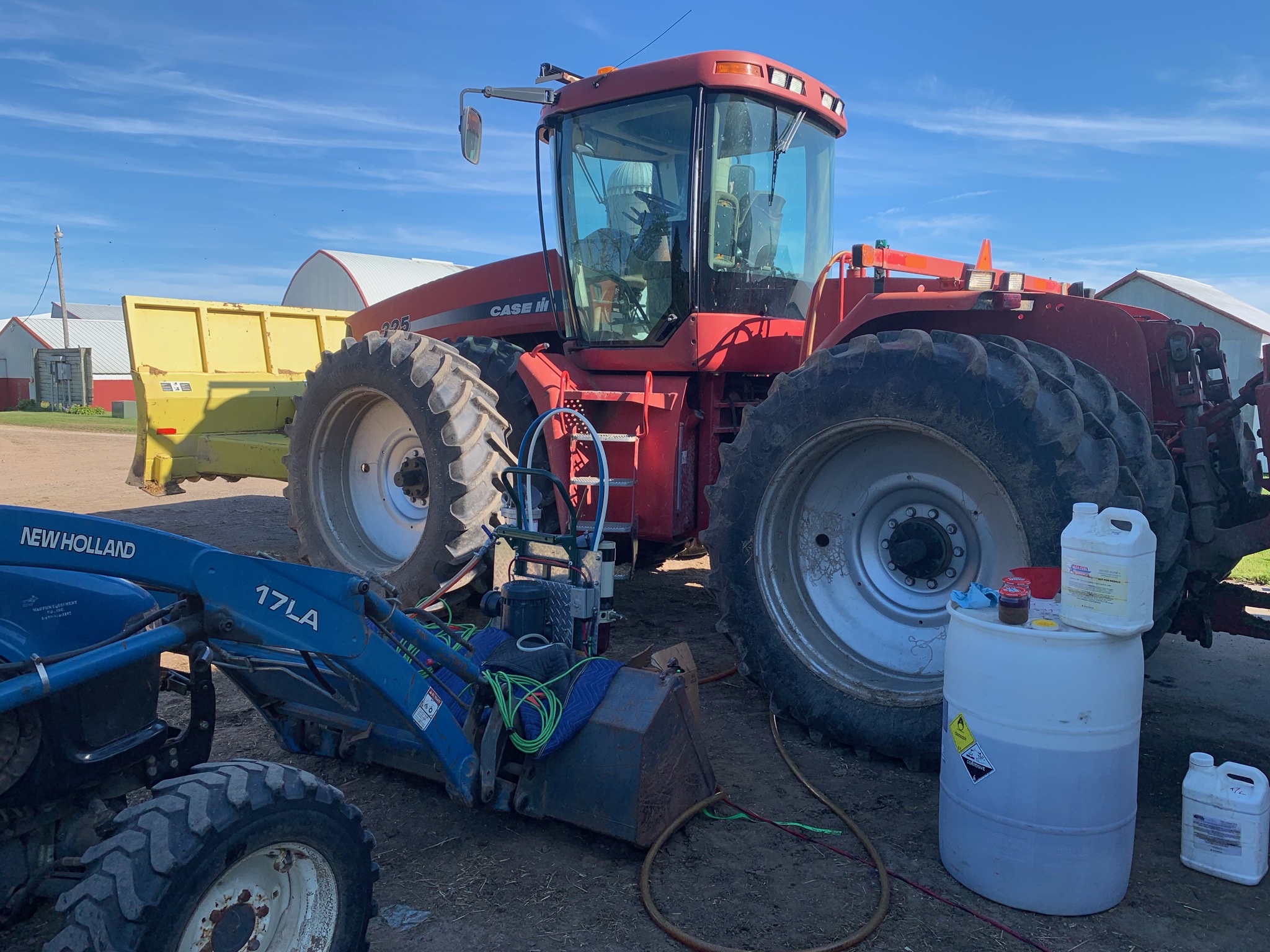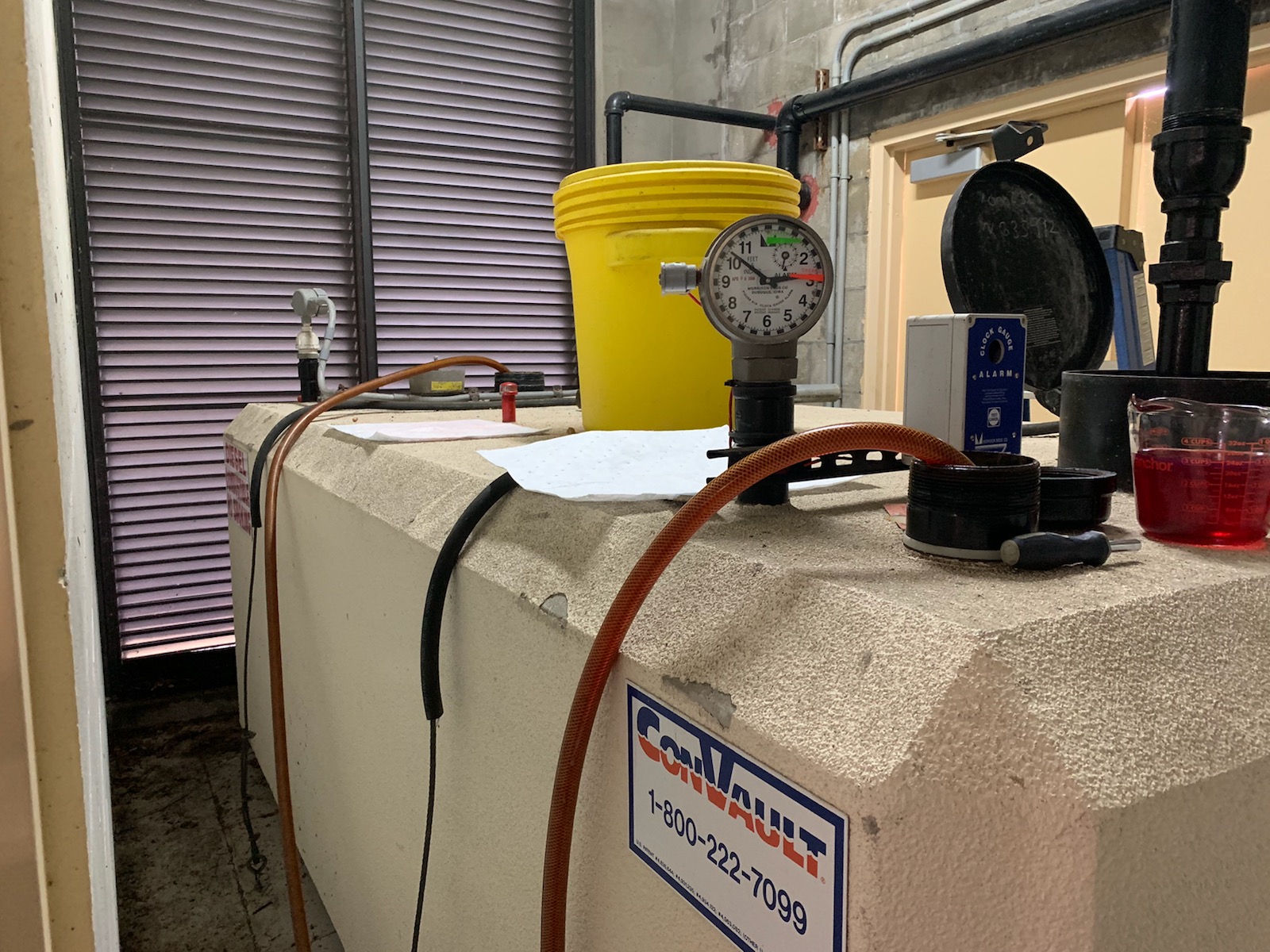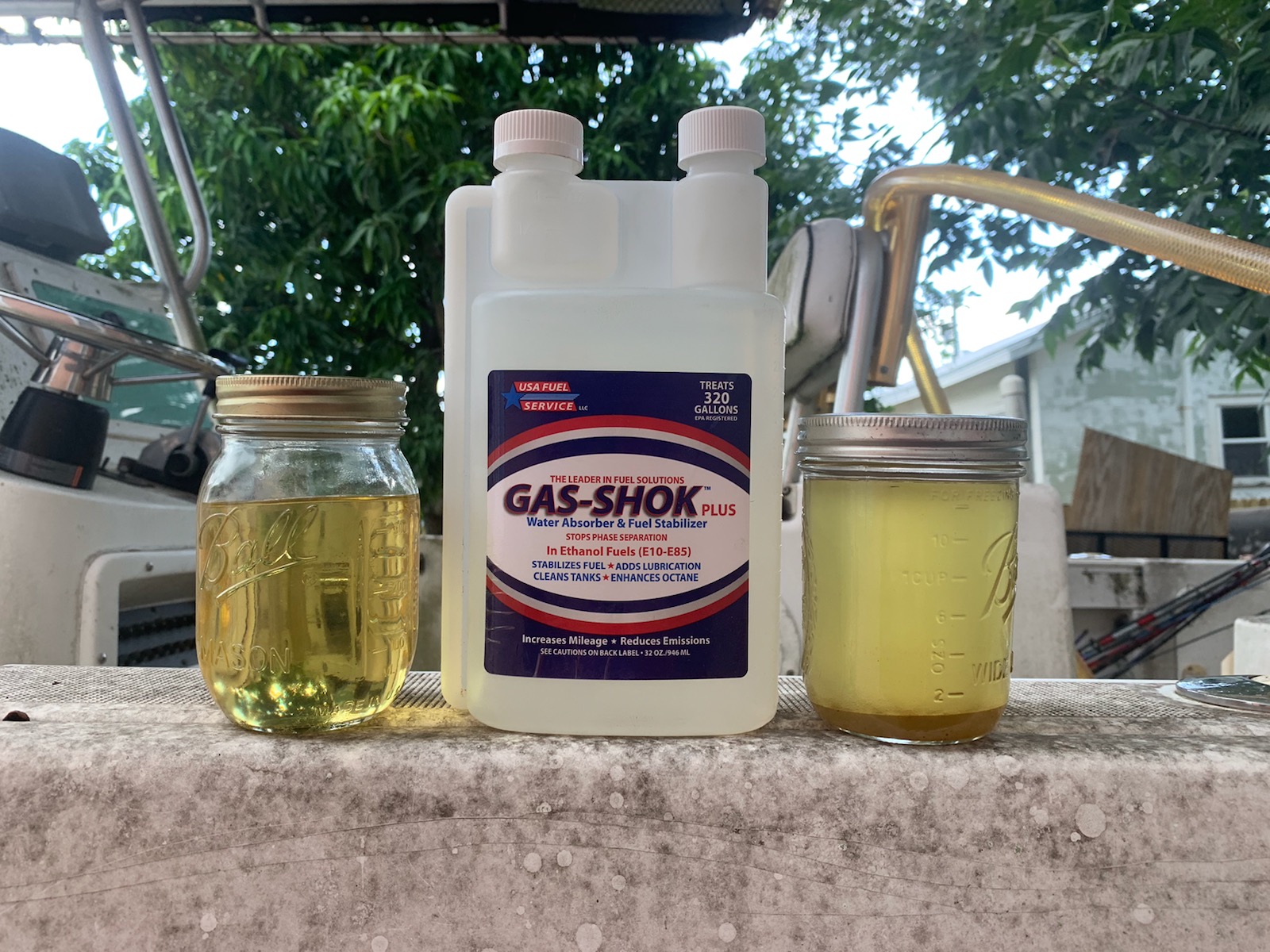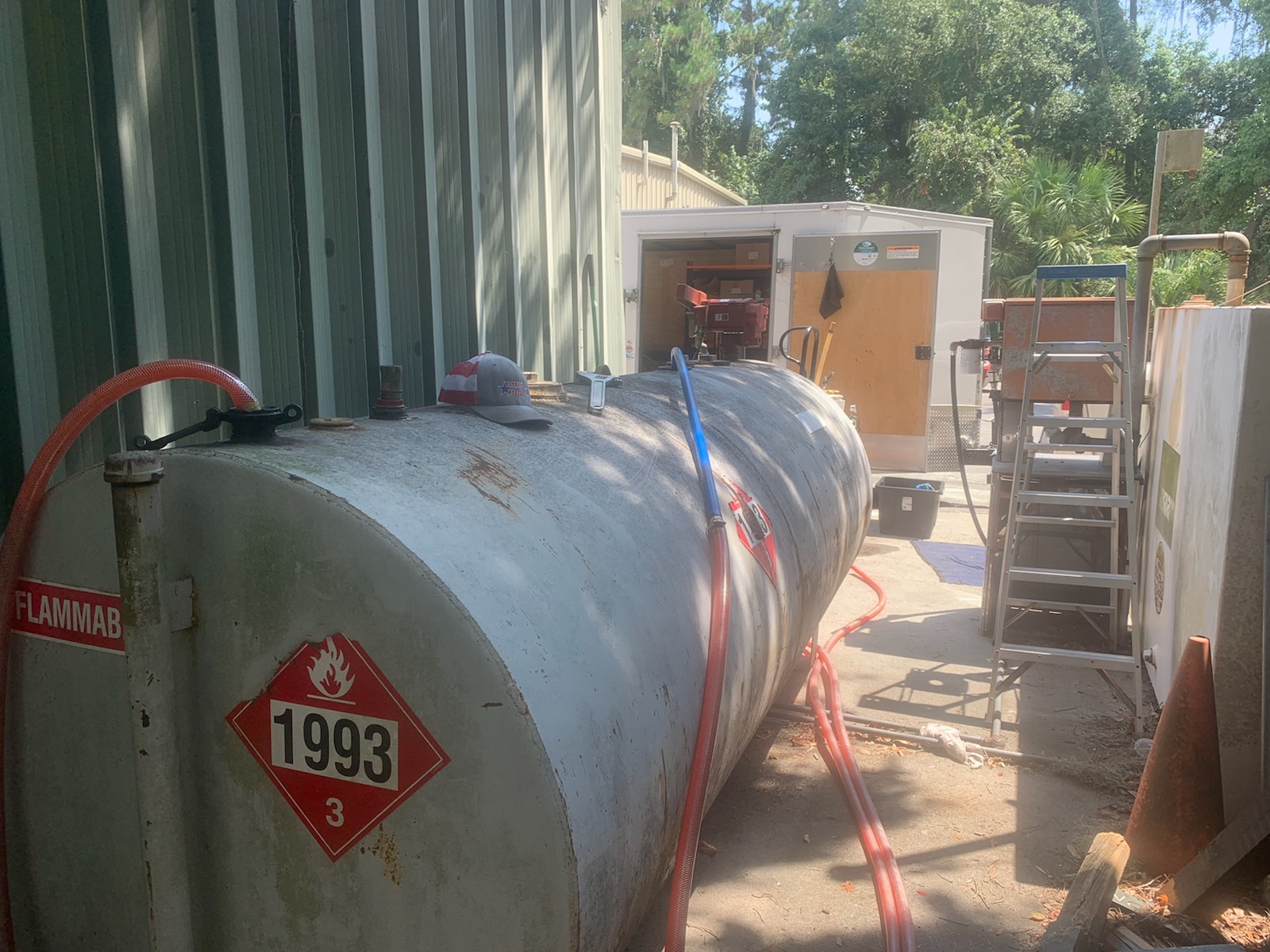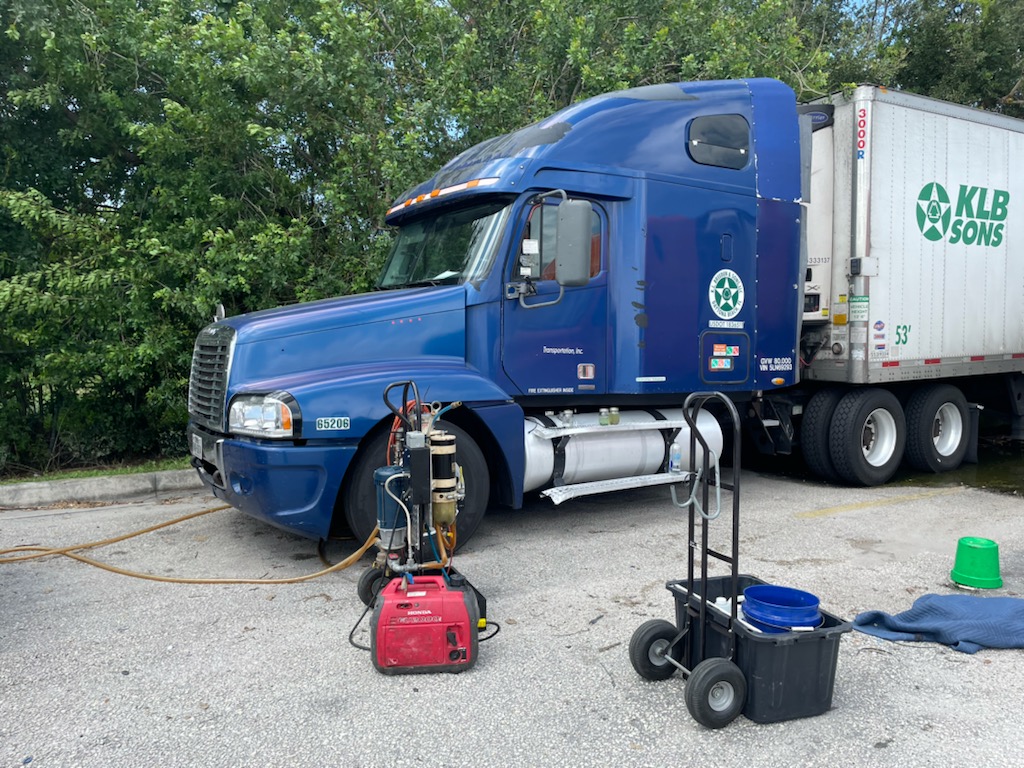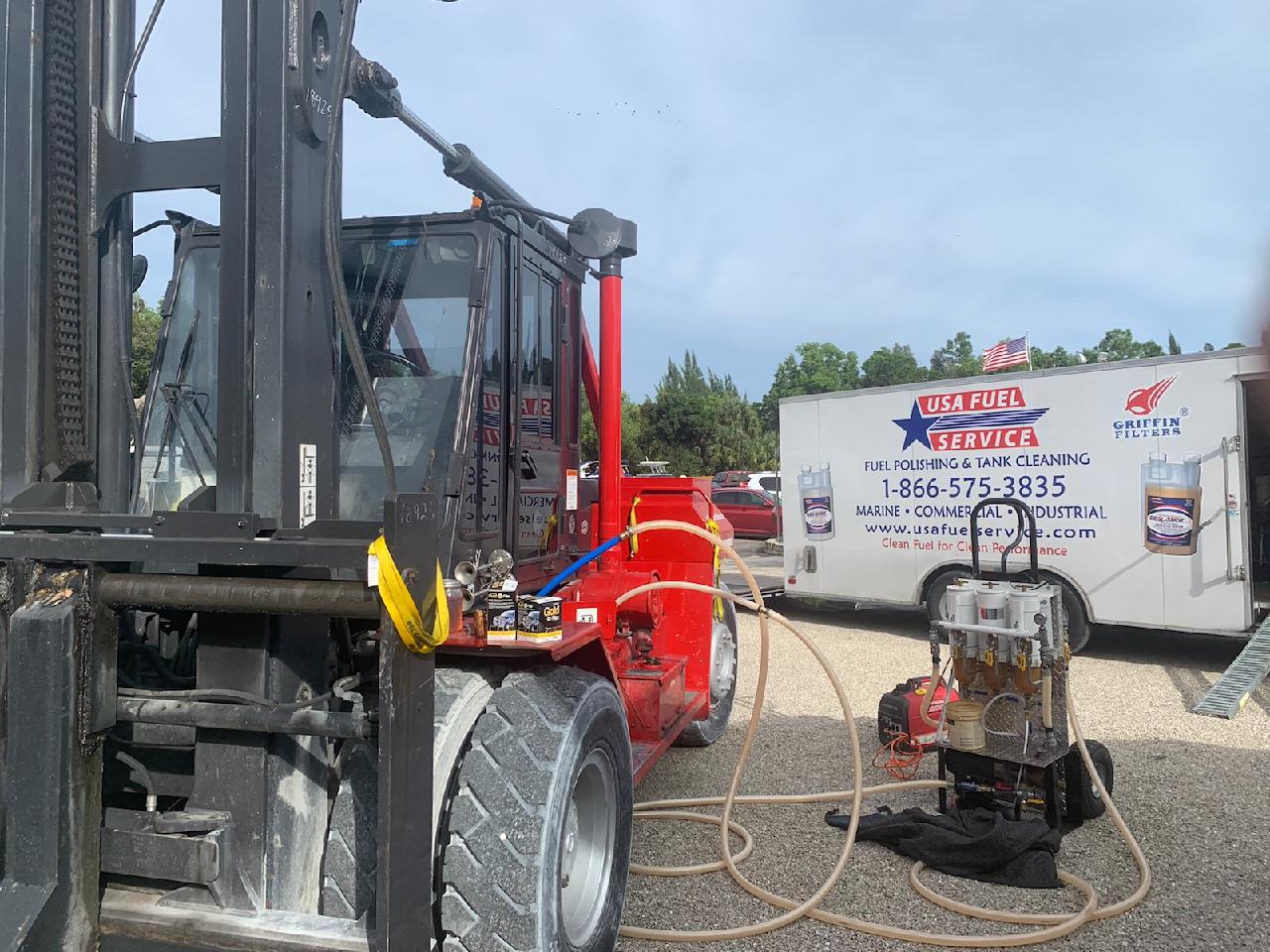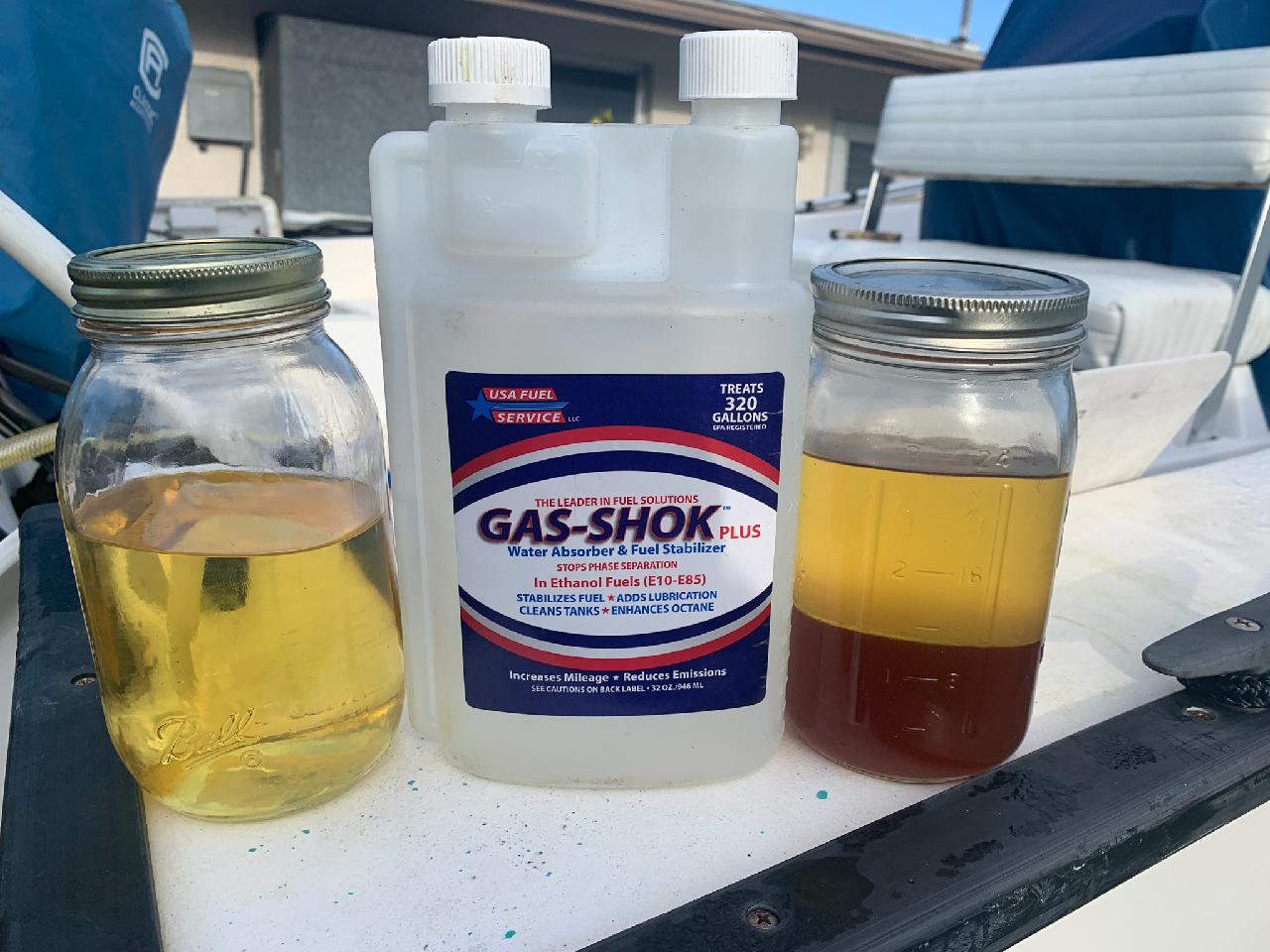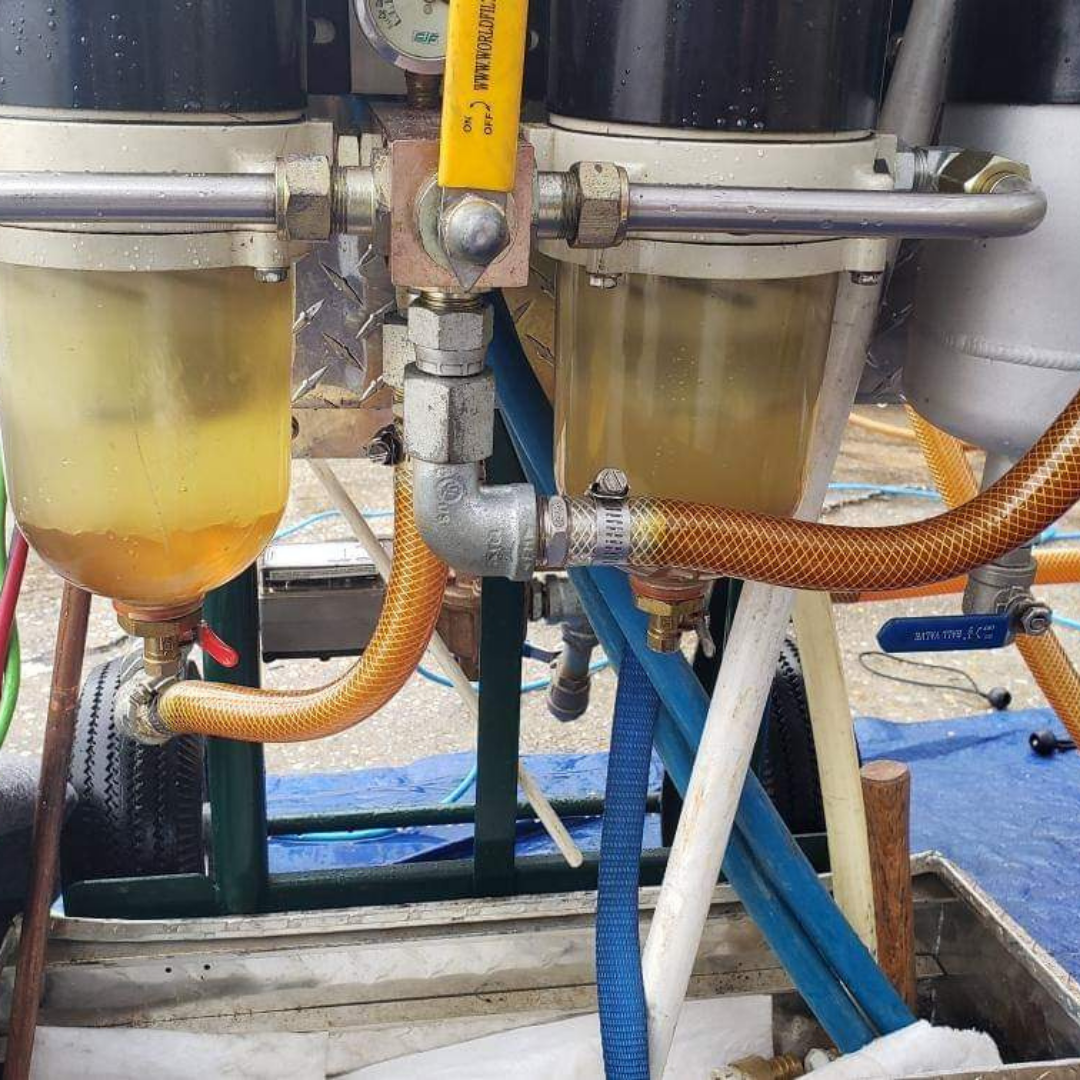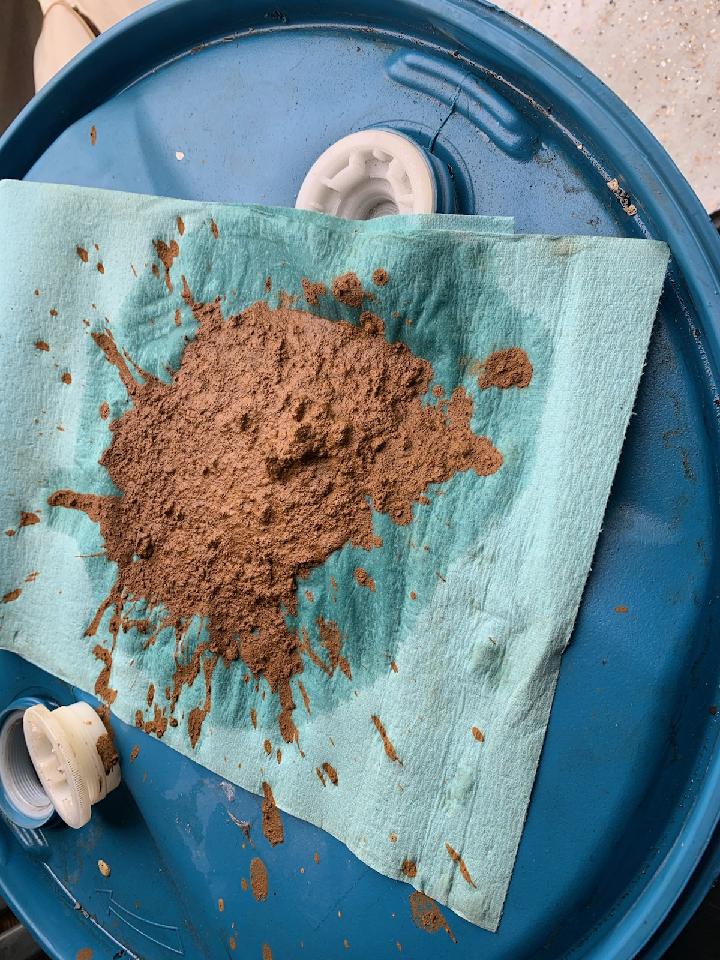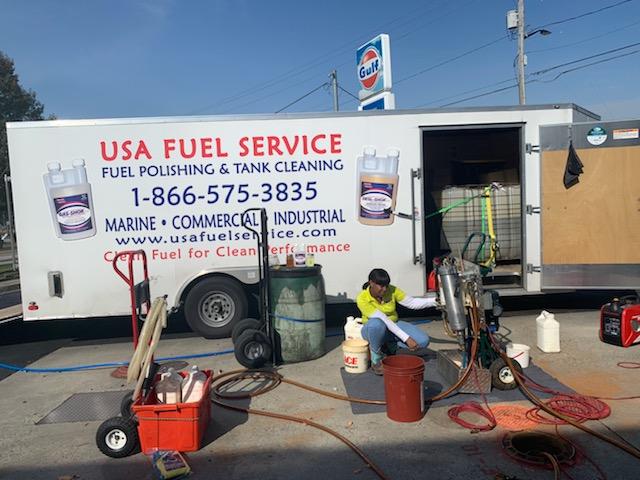Q: Where does the water in fuel tanks come from?
A: There potentially several sources that can contribute to water issues in fuel/tanks. Ethanol and bio-diesel blended fuels will inherently pull moisture from humid air. Partially filled fuel tanks will sweat with day to night temperature changes and older seals, gaskets and O-rings on fill caps often leak. They should be changed every 18-24 months. (See our “TECH-TIPS” page for helpful details)
Q: What do I do if I find water in my fuel filter?
A: If it is a small amount ½ to 1-ounce but the engine starts easily and is running smoothly simply change the filter(s) and keep a close watch to see if the water returns or gets worse. If it is 3-ounces or more or gets progressively worse you should call a professional tank cleaning/fuel polishing company. They will remove the water from the bottom of the tank, clean the tank and polish the fuel.
Q: If I have water in my fuel tank do I lose the fuel?
A: In most cases NO, an experienced, professional fuel polishing company can usually save 70-90% of fuels less than 2-years old. However, beware, many unscrupulous companies will simply drain your tank or polish the fuel and leave. They have no means or knowledge of how to clean behind the baffles for trapped solids and water so the problem may reoccur in a few months. An experienced, knowledgeable company will have access to safe chemicals capable of effectively cleaning the tank, dissolving solids, suspending and filtering/removing the water trapped behind tank baffles and rejuvenating the fuel to a usable state.
Q: What is the best way to maintain tanks in small boats and equipment?
A: Do not expose them to direct sunlight or extreme weather if possible, keep them 90% full and use a full spectrum fuel additive. This regimen will eliminate 70-80% of potential fuel problems in any fuel tank. (See our “TECH-TIPS” page for helpful details)
Q: Why do most car/truck owners seldom have fuel problems?
A: They use their fuel and refill their tanks every 1-3 weeks so they always have fresh fuel. They also only need a fuel additive/cleaner every 3-6 months to lubricate the fuel pump and clean the injectors. Dirty injectors can lead to 5-20% reduction in MPG. Fuels stored 90-days or longer represent 70-80% of tank/fuel problems. (See our “TECH-TIPS” page for helpful details)
Q: What is the storage life of regular gasoline?
A: Regular gasoline begins discernible deterioration after about 90-days and should be considered risky to use after about 6 to 9-months in moderate climates and even less in severe climates. However, routine tank maintenance and the use of a premium full spectrum fuel additive can extend the usable life to 1-2 years. (See our “TECH-TIPS” page for helpful details)
Q: What is the storage life of ethanol blended gasoline?
A: Ethanol blended gasolines (E-10, 15 & 20) can experience significant deterioration after about 60 days in moderate climates and if stored in wet or humid conditions even less. It can be risky to use after about 90-days. It requires a more diligent effort but again reducing moisture exposure, proper tank maintenance and the use of a premium full spectrum fuel additive can dramatically extend its usable life up to 1-2 years. (See our “TECH-TIPS” page for more ethanol details)
Q: What is the storage life of diesel (ULSD) fuel?
A: With regular tank maintenance Pure “Ultra-Low-Sulfur” diesel can typically be stored for 6 to12-months in moderate climates without significant deterioration. The use of a premium full spectrum fuel additive can extend usable to 2-3 years and even much longer with professional fuel management programs that include fuel testing and polishing. (See our fuel management page for details)
Q: What is the storage life of diesel/Bio-diesel blends?
A: Most diesel fuels sold in the U.S. today are blends with 5-20% bio-diesel. Those fuels are much less stable than pure unblended diesel. They typically experience notable degradation after 3-6-months. Regularly scheduled tank maintenance and use of a premium full spectrum fuel additive can extend usable life to 1-2 years and much longer with professional fuel management programs that include fuel testing and polishing. (See our fuel management page for details)
Q: How do I find a good fuel polishing company?
A: Check with your local dock master, fuel supplier, engine mechanic or search the internet. However, be extremely careful, use companies with personnel and equipment that are neat and clean, that’s a direct reflection of the quality of work they perform. Ask for references, experience level and proof of insurance. Find out if their equipment is mobile for use in limit access areas and if they provide before and after fuel samples as proof of performance. BEWARE, and choose your vendor wisely, fuel polishing is an extreme explosion hazard, very dangerous and most states do not require or provide any training or special licenses to be in the business.
These questions and answers are based on more than 40-years of fuel experience. We have cleaned thousands of fuel tanks and polished and rejuvenated fuels with a 99% + success rate.
USA Fuel Service LLC. All rights reserved ©

